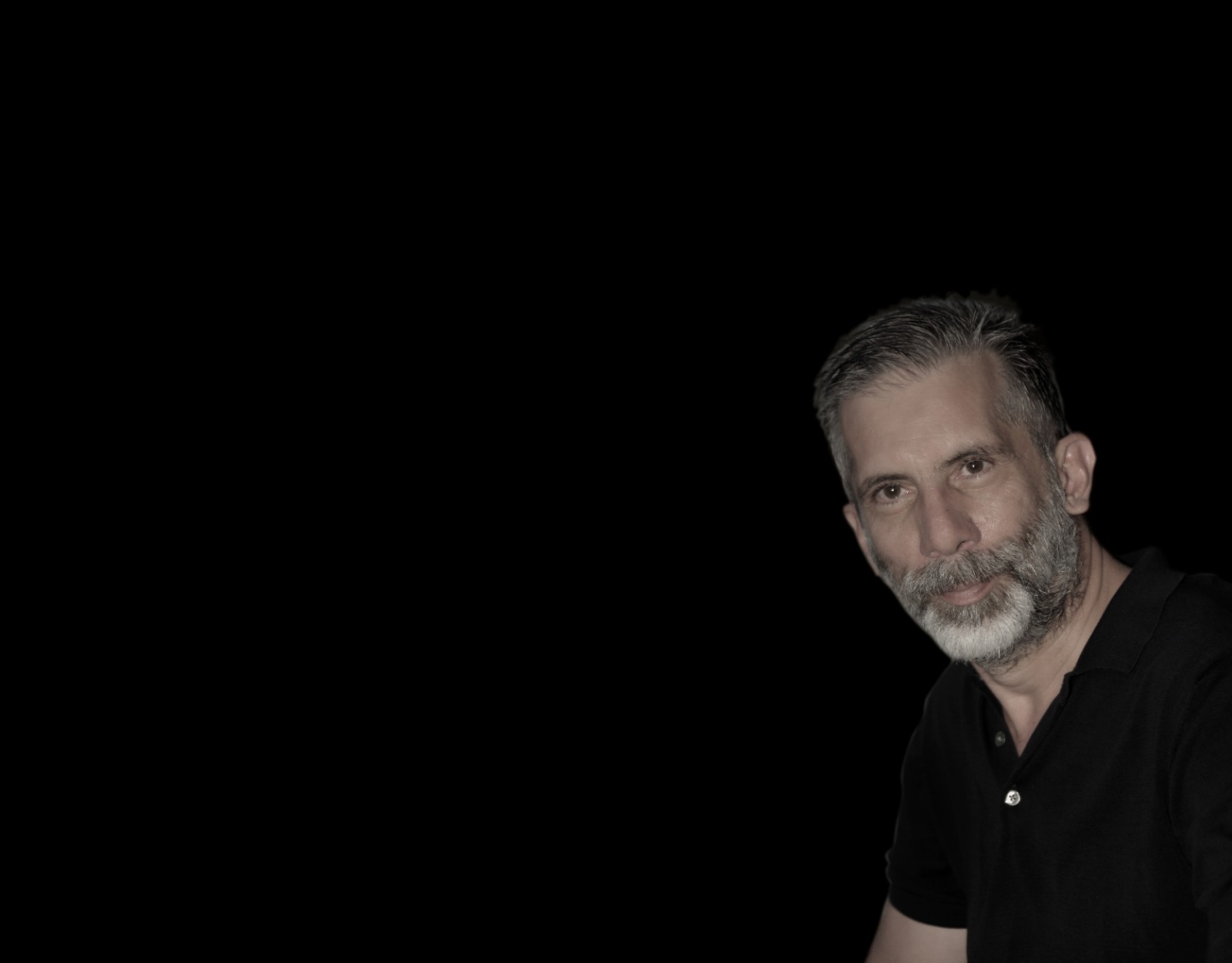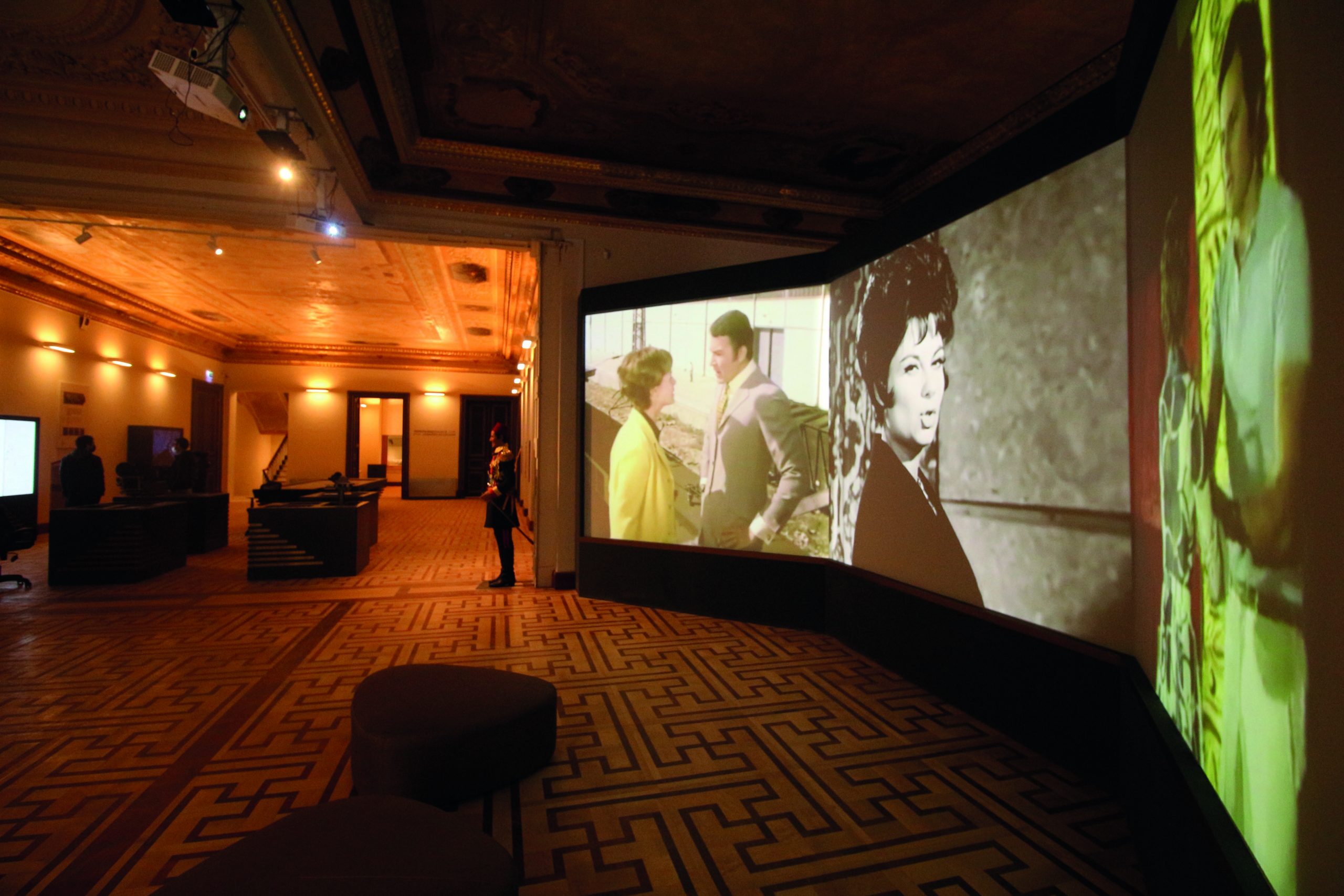My previous column was on cinema. Actually, it was on cinematic, fictional TV series, centering on the late Rainer Werner Fassbinder. While I enjoy writing about film (not writing critiques of it, just writing about it) I did not think I would write about film again in the following issue. Well, here I am with the hottest topic on Turkey’s social media in the last week: Berkun Oya’s Ethos.
Just days after the series’ eight episodes of 45 minutes each began screening on Netflix, comments filled social media platforms, initially with praise. Viewers loved the series. While most people talked about the performances of a top-rated cast, the art direction and production quality were also mentioned. Then, about a day later, the conversation turned to amateur sociology: what did the characters (mind you, not the story) tell us about us?
The fact that a vast majority of the viewers liked the series should come as no surprise. We (Turkey’s TV audience) have been subjected to a very specific (there is no format remotely close to it around the world) drama structure. 150 minutes per episode, these soaps drag on and on around the cliches of the old Yeşilçam: poor girl-rich kid or, make a wild guess, rich girl-poor kid, guns, legs, and intrigue. Not even Süleyman the Magnificent could escape this format. The Magnificent Century, a best-selling soap opera based on his legacy, was a harem version of Gossip Girl.
“The fact that a vast majority of the viewers liked the series should come as no surprise. We (Turkey’s TV audience) have been subjected to a very specific (there is no format remotely close to it around the world) drama structure.”
And then, one day, Ethos came along.
It takes place in Istanbul, between the shanty houses in the outskirts of the city and minimalist residences in the newly built high-rises. It follows a format that I just love detailing the lives of people who would otherwise not know one another and how they intersect. They will all go through something: they will face their fears, break down or heal, go away, or come home. No one will be the same person they were eight episodes ago, and all because they met one another. This format was best put into effect by Alejandro Gonzalez Inarritu in Amores Perros, and by Paul Thomas Anderson in Magnolia.
Ethos begins with Meryem. She leaves the house she shares with her brother and his mentally ‘displaced’ wife to take a series of buses and minibuses to go clean Sinan’s flat in a steel and glass tower. The problem is, every now and then, she faints. The psychiatrist she is sent to, Peri, fights her own demons on the other side of society. She’s American college-bred, U.S. educated and very secular. So secular, that she cannot cope with the presence of a woman wearing a head scarf (Meryem).
A half dozen more characters join the crowd, and intersecting lives take us through a very well structured story. It is so well ‘recounted’ and paces at such a fine-tuned speed that even those who criticise Oya’s perspective on our society say nothing like ‘it’s boring’. Indeed, Ethos is nothing but boring. It is probably one of the most engaging and entertaining dramas of the last decade, and I do not just mean in Turkish television, but among all television work now available in a variety of digital channels.
“No one will be the same person they were eight episodes ago, and all because they met one another. This format was best put into effect by Alejandro Gonzalez Inarritu in Amores Perros, and by Paul Thomas Anderson in Magnolia.”
I am not going dive into the much talked about ‘who are we?’ aspect of the show. Do the imam and his techno listening, club going, queer yet headscarf-wearing daughter truly represent their social segment? Are Peri or Sinan honest reflections of their class? I do not think that Oya, or any fiction writer for that matter, take on the responsibility of ‘representing a whole social class through their characters’. This is fiction. And, as the rule goes, you are free to do anything you fancy as long as it works (or even when it does not.)
Well, in the case of Ethos, it works. This is exactly why audiences loved it. A well written, well paced story, jumping from one character to the next, letting you wonder what will happen next, all in just 8×45=360 minutes. 360 minutes is actually equal to just 2 episodes of a regular Turkish TV show, a taxidermy of drama inflated with dull dialogue to fill all the hours required to squeeze in enough ads. And when suddenly a finely paced story, where the characters resemble real people and not plastic imitations of either “The Young and the Restless” or “Awara,” many viewers realized they have been duped for all these years by a system running on ad statistics. Televisions will try to stand their ground and fight off the invaders, but digital platforms are tasting blood. We will see more of the likes of Ethos. Previous attempts at breaking down the barrier by rejecting the 150-minute format have failed, mainly because they were poor attempts. This one is anything but poor.
“360 minutes is actually equal to just 2 episodes of a regular Turkish TV show, a taxidermy of drama inflated with dull dialogue to fill all the hours required to squeeze in enough ads. And when suddenly a finely paced story, where the characters resemble real people and not plastic imitations of either “The Young and the Restless” or “Awara,” many viewers realized they have been duped for all these years by a system running on ad statistics.”
It all comes down to a single criteria: is the story a compelling one? In the case of Ethos, the answer is Yes. And it is a Yes, not just because it deals with our open wounds, (the divisions within society: the assimilation of the Kurds, the pains of social climbing, hidden violence, the refusal to remember) but because it is well written and shot. It takes those divisions to make a good story out of them. It constitutes a very important step taken by television towards good filmmaking that has been traditionally ignored by the common viewer, and only appreciated by a small minority. The story of Meryem, who has so far only been represented as a side figurine in mainstream television, resonated with the viewer in a way that hardly a mock-character has enjoyed. (Usually, they are played by a former model-turned-actress.). It is fun to watch Melisa (playfully acted by Nesrin Cavadzade) do it in Ethos.
After Ethos, it will be difficult for producers and screenwriters to toss out more of the same old format. The discussions it fueled are likely to go on for some time. It seems that we were all waiting for an opportunity to discuss who, or what, we have become.








